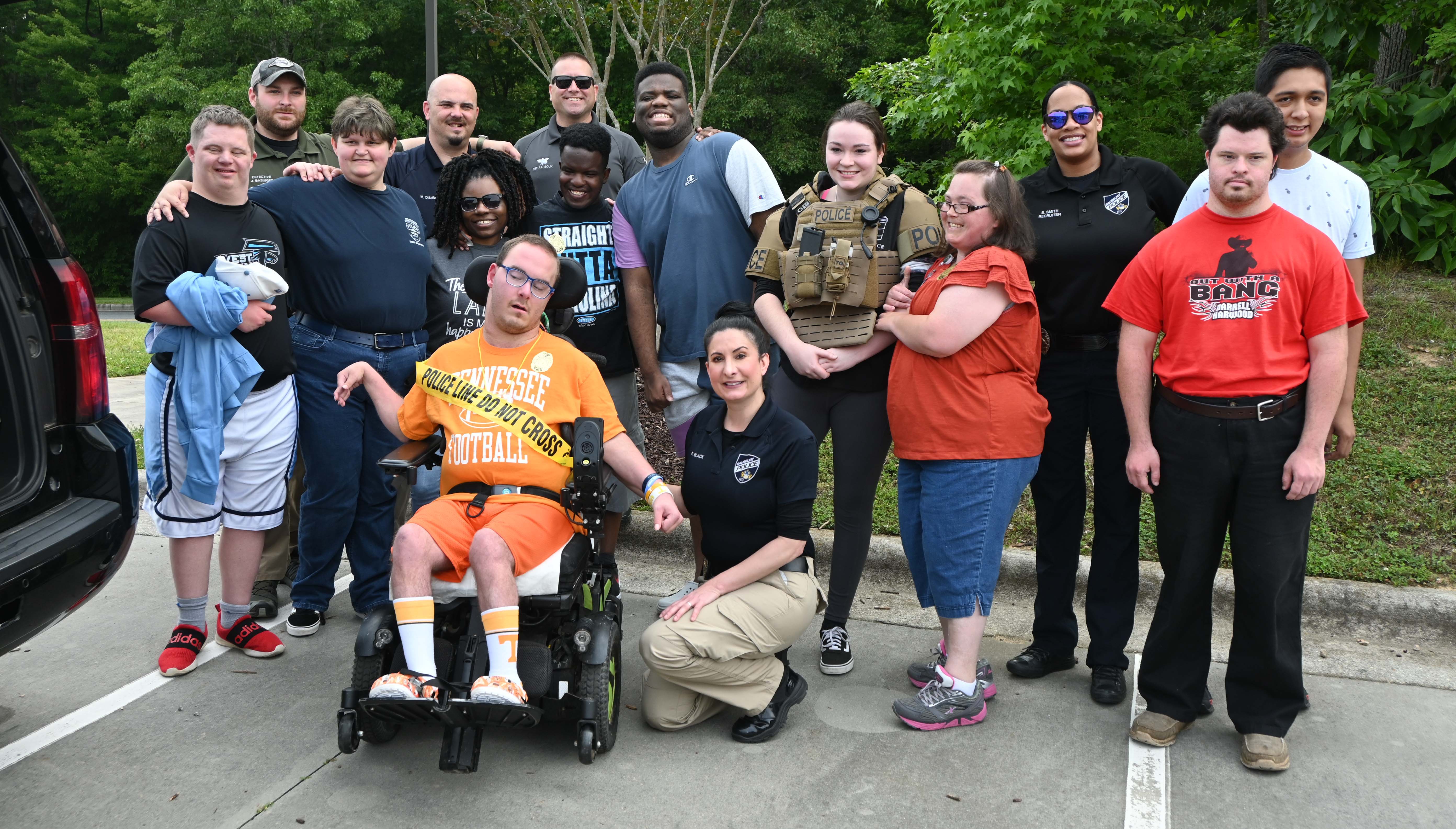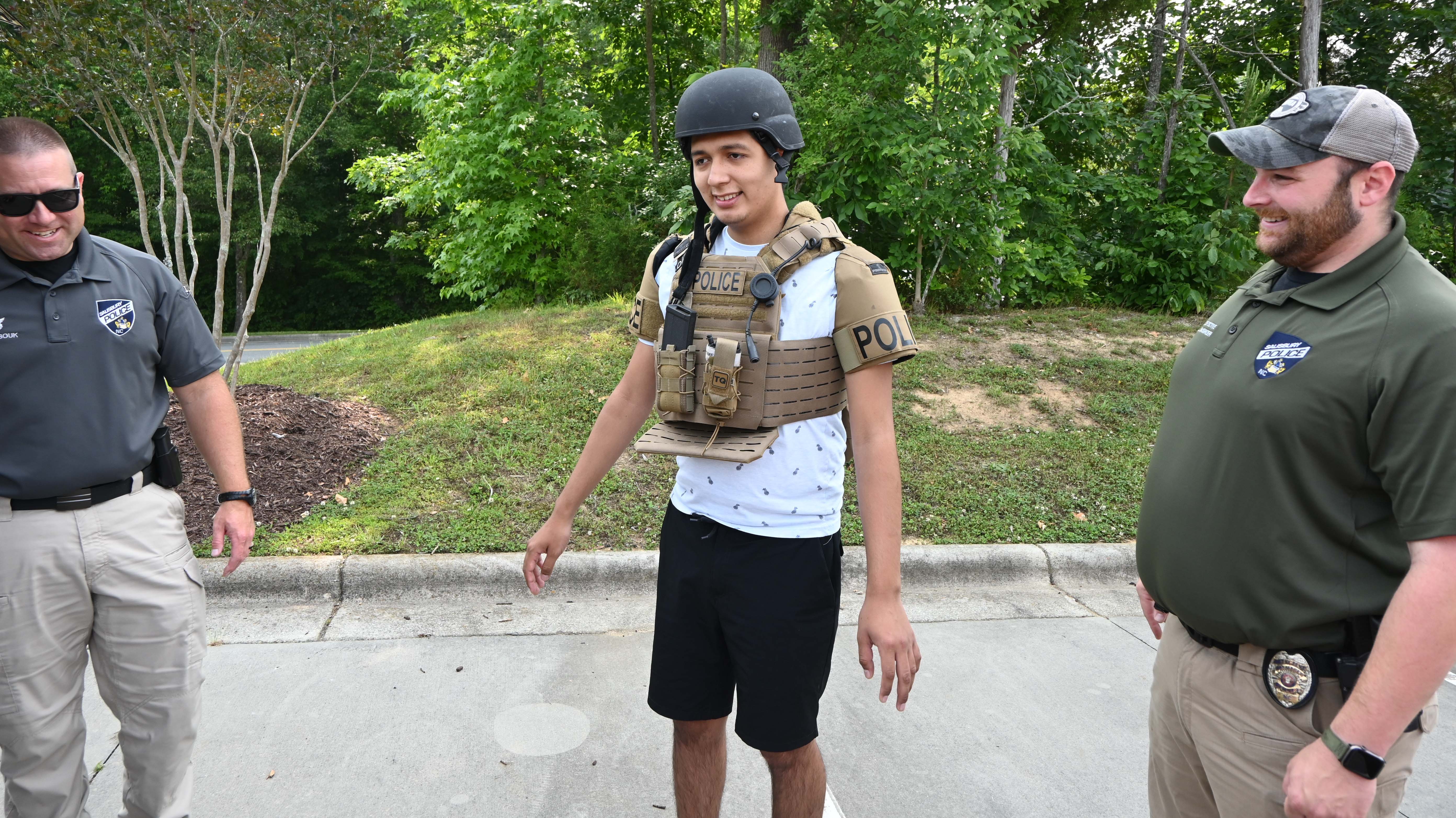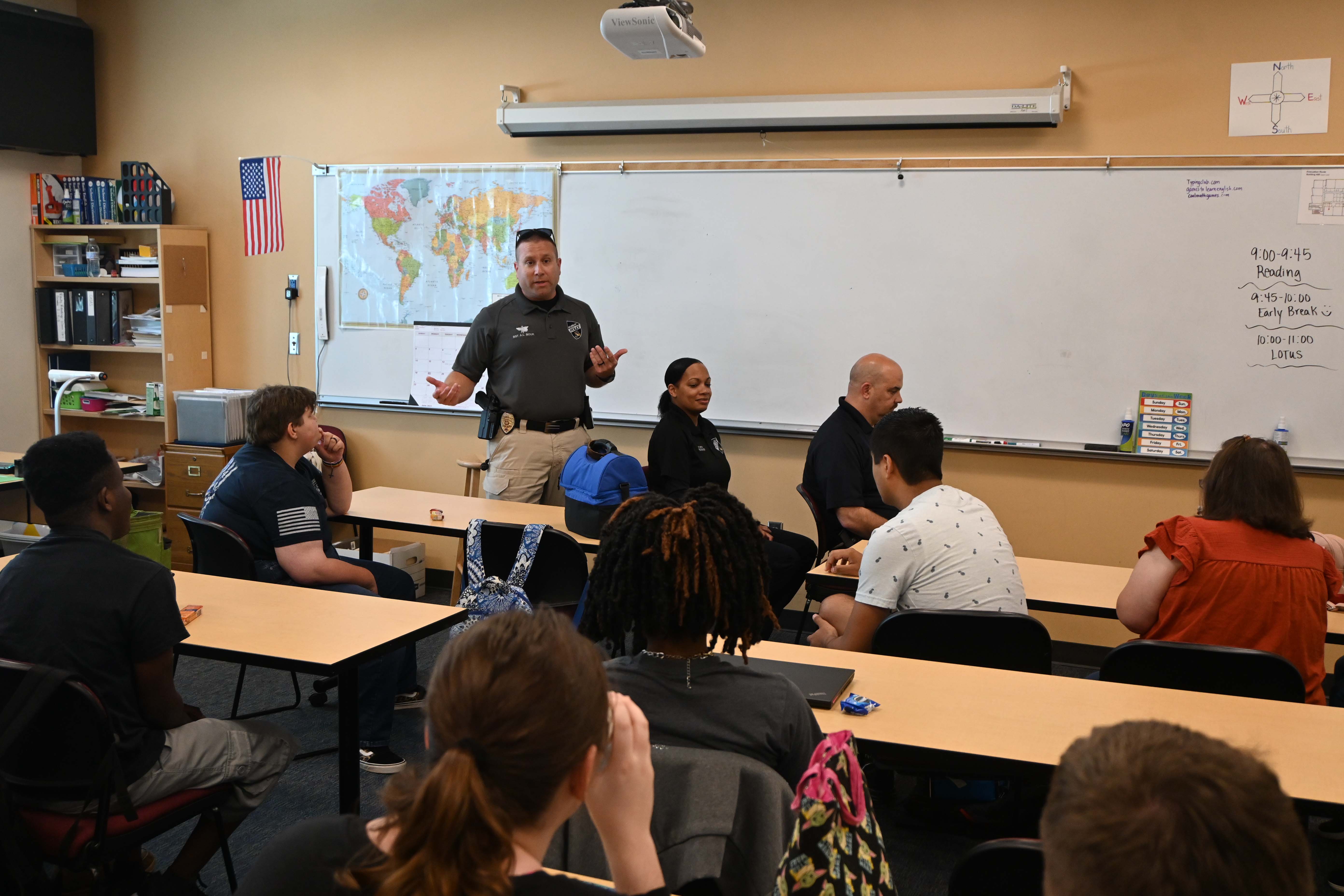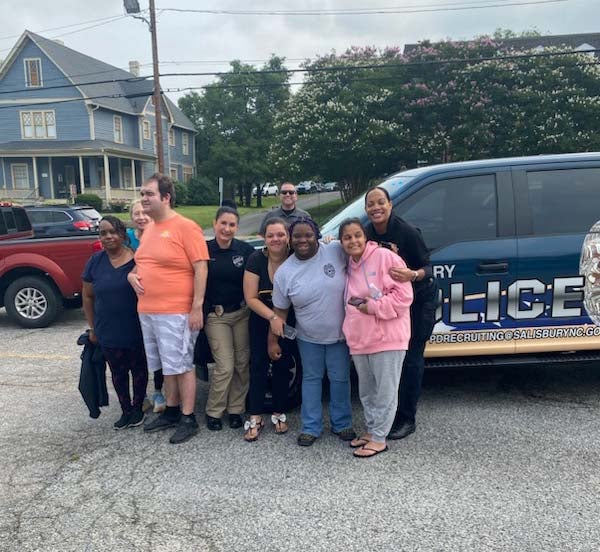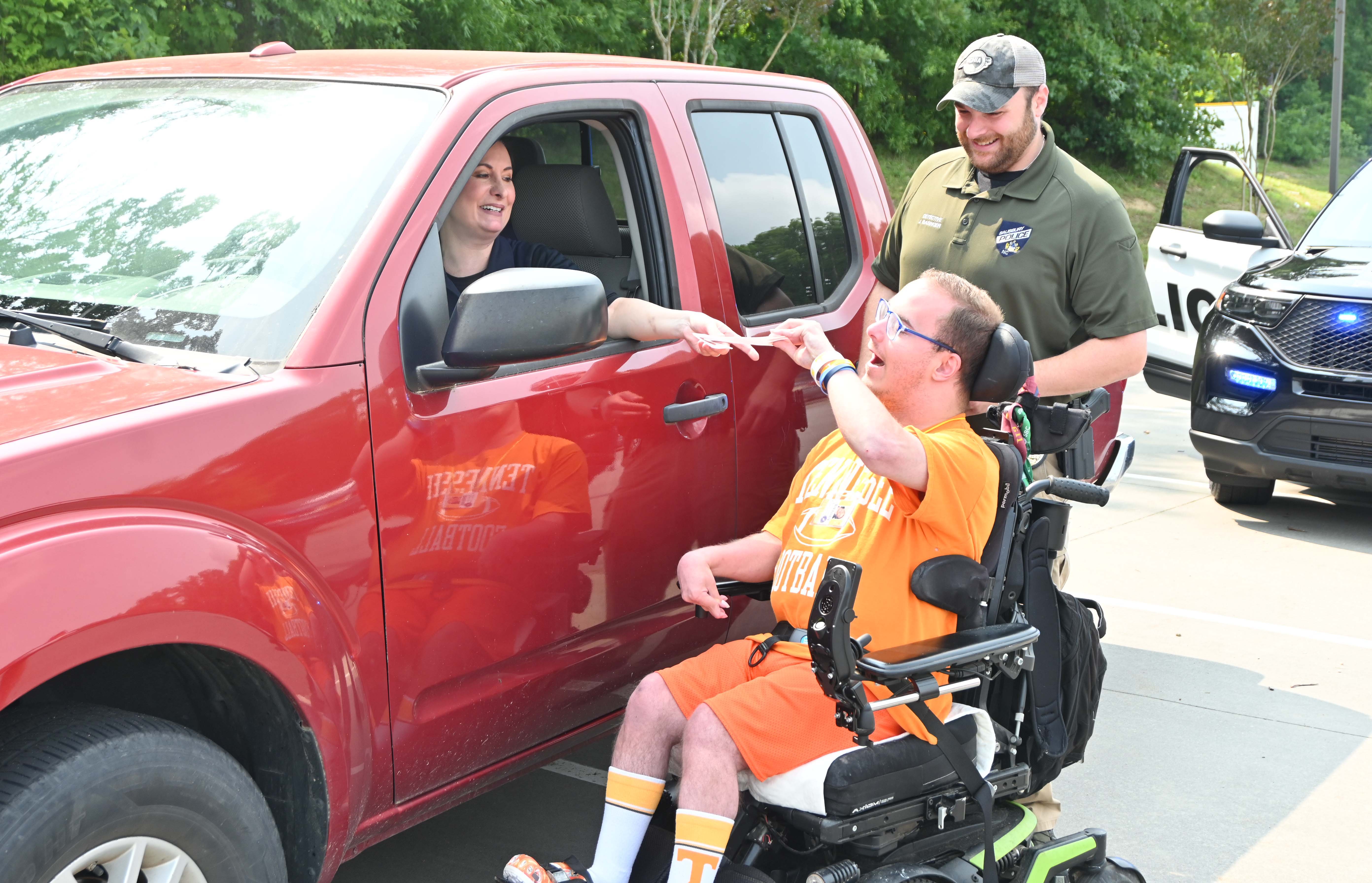The Lotus Project helps local police foster lasting relationships
Published 12:10 am Wednesday, June 7, 2023
SALISBURY — Coming into contact with law enforcement can sometimes be difficult for many reasons. For people with developmental disabilities, it can be more challenging for them because communicating clearly with the police is a delicate matter and they may not know exactly how to handle those kind of situations.
Lieutenant Koula Black of the Salisbury Police Department is aware that this is an issue that needs to addressed with extreme care and that’s been her mission with The Lotus Project.
Back in 2020, Black found that there was not much training for local officers to adequately deal with people with disabilities besides the crisis intervention team and felt like that wasn’t enough to make a true difference.
“I wanted to make sure wherever I was at that I was ensuring that the officers knew how to interact and learn more about this population and to teach them classes so we can interact together and build friendships,” Black said.
Black started The Lotus Project at Mocksville in 2020 and brought it with her when she came to Salisbury the following year. Currently, The Lotus Project is only available at Rowan-Cabarrus Community College through its SOAR program and with a smaller group at First Baptist Church. They expect to merge the two groups together by the end of the summer. The classes are 10 weeks long, once a week for an hour. They go over several topics like conflict resolution, health and fitness, what a police officer is and does, how investigations work, frauds and online scams and traffic stops.
“Normally with this population, they deal with officers when there’s something that’s tragic or bad has happened and this gives them the opportunity to be comfortable and see us as people and not just a badge, lights and sirens,” Black said.
Once Black told the department about The Lotus Project, she was delighted to find out how many were eager to jump at the chance to be a part of it. People with disabilities can do things while they’re nervous that may make an officer suspicious, so teaching them how to act properly is essential for their safety.
On Tuesday morning, police officers came to RCCC to demonstrate how to interact during traffic stops. In the beginning, they performed hypothetical scenarios in the classroom, but then took everyone outside to do some hands-on teaching. Students got to re-enact pulling someone over in the parking lot. They were able to get behind the wheel of an actual police car, turn on their lights, blare the siren and give someone a ticket.
The SOAR Program stands for Skills, Opportunity, Awareness, Readiness and teaches young adults with disabilities social skills, job skills, and other higher educational courses. Bridget Henderson, the lead instructor of the SOAR Program at RCCC, admits that the students were initially a little uncomfortable with having the police there, but by Tuesday that awkwardness was replaced with smiles and laughing.
“It gives them the social skills to be able to use whenever they are out in public or speaking with the police officer because sometimes they choke up, they hold up. They see cops as something scary or intimidating…Once they start feeling relaxed and more around them, then they can understand what they are up against,” Henderson said. “The Lotus Project has been really good about teaching them how socialization is.”
The plan is for The Lotus Project to be offered year-round with more students enrolling soon. Black is focused on growing the program with SOAR and maybe adding an arts and culture element to it. Henderson hopes it can branch out to public schools and neighborhoods to make even more of an impact. Overall, Black says real change starts with other officers wanting to get involved with The Lotus Project and trying to open themselves up to a new way of doing things.
“I would like to see officers being able to engage like this. CIT is amazing training and it’s needed and warranted, but this is an additional step I think that helps officers not only be more empathetic but more understanding and emotionally intelligent to who they’re dealing with,” Black said.


